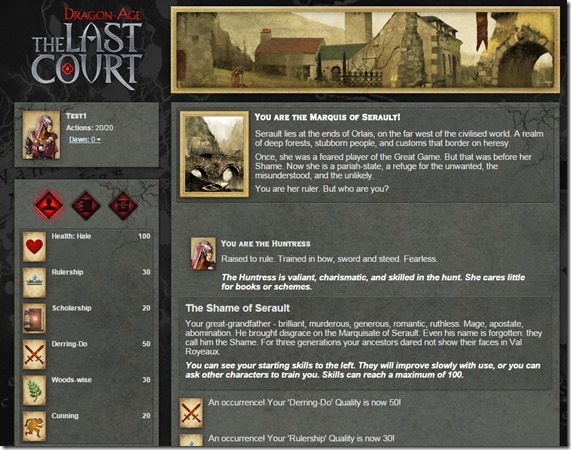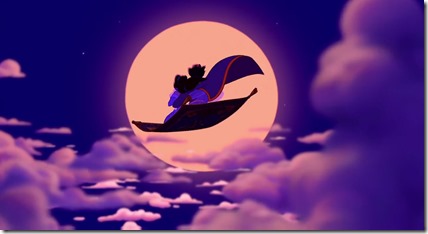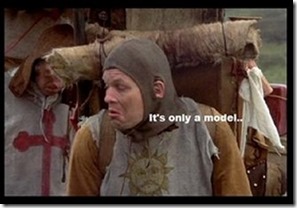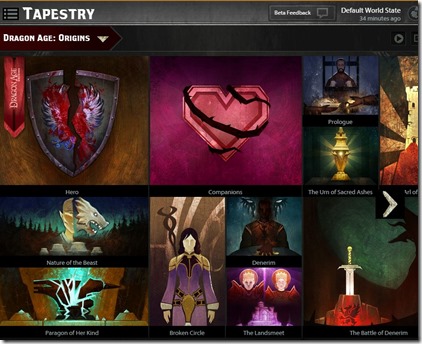Thanks to Syl at MMOGypsy for organising a BloggyChristmas Advent calendar and sequence of blogs.
So we’re all going to be talking about community! Like a lot of other people (10 million to be precise) I’ve been hip deep in the new WoW expansion for the last month or so.
What about them Fury changes, eh? ![]() OK, on to community … one thing I have noticed is that the start of a new expansion is a very exciting time for the community. There’s a ton of new content, probably classes and specs have been tweaked and need to be relearning, old friends may have returned and players often use it as an opportunity to switch guilds also.
OK, on to community … one thing I have noticed is that the start of a new expansion is a very exciting time for the community. There’s a ton of new content, probably classes and specs have been tweaked and need to be relearning, old friends may have returned and players often use it as an opportunity to switch guilds also.
So there’s a lot of change and a lot of fun … and a lot of anxiety too, mostly to do with the rest of the community. “Will I be good enough to make my raid team?” “Will people kick me out of instances because I can’t learn the fights fast enough?” “Will I be able to beat the proving grounds so I can do heroics?” “Oh noes, is my spec awful this expansion?? Which alt should I quickly level?”
Yeah? Any of that sound familiar. We’ve all been there. We’re all learning and that can be stressful.
What’s more, right at the beginning of the expansion is where it’s very easy to shake people’s confidence, especially when the community is hostile to people learning the encounters and gearing up. One bad instance run and it’s easy to think ‘maybe this is too hard for me’. Struggle with solo quests and it’s easy to think ‘they’re trying to tell me I’m not good enough’. Right now is when we need to help each other the most, so that we have other people to play with.
Kindness Helps
So this morning I wanted to give a few examples of where I have seen players helping each other out, and helping each other learn the new expansion together.
PUG 1: So we were in Everbloom Normal with a bunch of undergeared noobs, including me obviously. We somehow got to the last boss and wiped. We stopped to read up the fight, shared what we had read, and wiped again. The tank said cheerfully ‘That was better than the last time’ (which was true). We came back in and wiped again. After the fourth wipe, we got him. Every try was better than the last, everyone was trying to figure out what they had to do, no one rage quit.
That’s how you learn instances together.
Helping with quests: I have seen this mostly in guild but I’m assuming there will be some kind sorts in just about every guild doing this. As part of the legendary ring quest you have to run some named instances, including heroics. Some of our guys have struggled with Proving Grounds (I’ll write about that on another day, but it isn’t well balanced, so we absolutely have guildies who can rock heroics but not queue for PUGs in them) so need guild groups for those heroics. We have a regular stream of volunteers to help with this – it is in the best interests of the raid team anyway to have people geared but also I think there’s some sympathy for the stress and anxiety of having to ask for help.
PUG 2: I was in a heroic instance where one of the dps was putting out fairly poor damage, but doing all the execution stuff for the boss fights correctly. We got to the last boss and one person in the group was suggesting kicking him/her for the damage. The rest of the group pointed out that we hadn’t wiped and were doing just fine and that s/he was still gearing up and we were happy with it. The person who suggested the kick said “Ok then” and we finished the instance. (The kindness btw is the other people in the group sticking up for the guy.)
They are small things, but they make the game a better, friendlier place. And right now, with all the stresses in the world and all the stresses in the game, it matters.
Feel free to share any examples of kindnesses you have seen shown to others (or yourself) or have shown yourself! It can’t all be about whining that other people in a PUG aren’t yet raid geared and know the tactics perfectly, after all.












